Class of 2000: The Final Boarding Call Before the Chaos
· Mike Roberto · 10 min read
You have died of dysentery. An essay celebrating 25 Years after the Class of 2000: Old enough for an analog childhood, young enough to master digital.
"Timing is everything!"
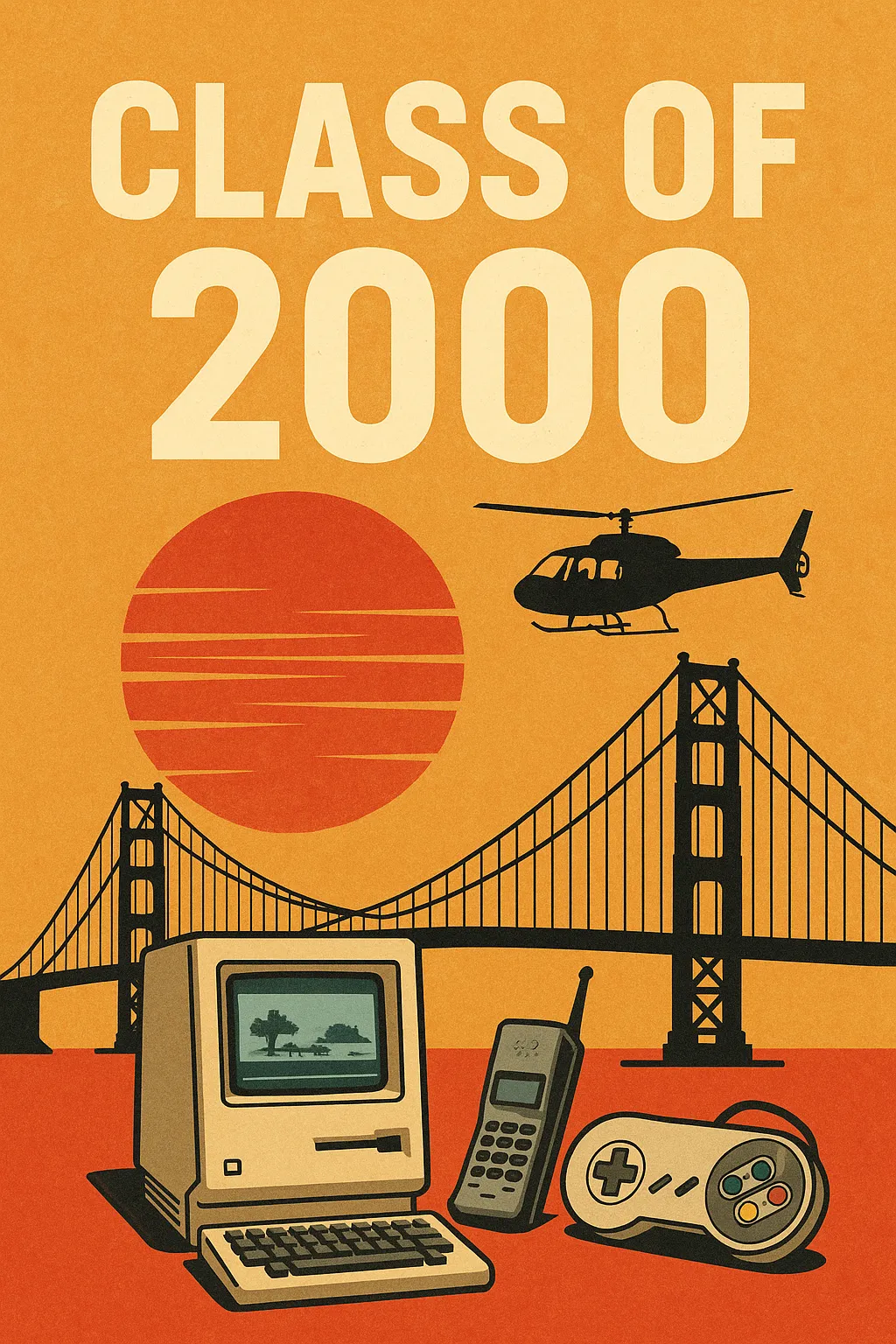
Decades ago, as I was stumbling into young adulthood, I used to roll my eyes at the above phrase. It was usually dispensed -- unsolicited -- by older women reflecting on their marriages, real estate, child-rearing, or careers. Regardless of circumstance, "timing" was unfailingly a major deciding factor in their lives' outcomes.
"Whatever", I'd mutter to myself. "I'll create my own timing."
And while I did, at least to some extent, I can't shake one thought as I pack for my 25th high school reunion this weekend:
Those damn women were right.
Timing and the Class of 2000: A View from Both Sides of the Halcyon
I was born in 1981, and graduated high school in the Class of 2000. For those familiar with generational categories, people my age sit on the cusp of Generation X and Millennials.
And quite frankly, we don't really fit in either one.
Between roughly 1979 and 1983, there's this "micro-generation" who were born at a uniquely fortunate time. We're sometimes called Xennials, but I prefer the Oregon Trail Generation, a name given thanks to the game we played so fervently on the school's old Apple computers.
As we head into our collective "back nine", it's worth taking a step back and appreciating the unique vantage point we hold, as we saw life from both sides as young adults. And no matter what angle I look at it from, I keep coming back to the same conclusion: we got out by the skin of our teeth.
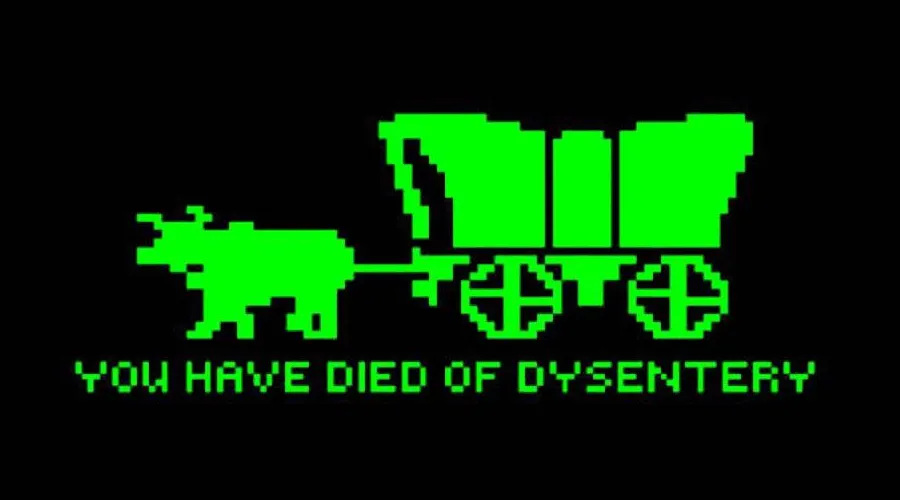
Let's explore through a few different lenses:
A Tale of Two Technological Worlds
We came of age right as the world flipped: first with the Internet, then cell phones, social media, and finally smartphones.
With childhood beginning in the early '80s, we had an analog youth -- no internet, no smartphones, no screens glued to our hands. Play was largely outside and physical, parenting was mostly free-range, and it was still a relatively high-trust society (though in decline in certain areas).
Yes, we saw the rise of home video game consoles (late Atari, NES, then SNES and Sega Genesis - I was an SNES guy myself), but they didn't dominate most of our lives. Well, not too much at least.
Vibe Shift: From Connectivity to Total Immersion
The first big shift hit in our teens: AOL, AIM, and the Internet. What a time to be a teenager.
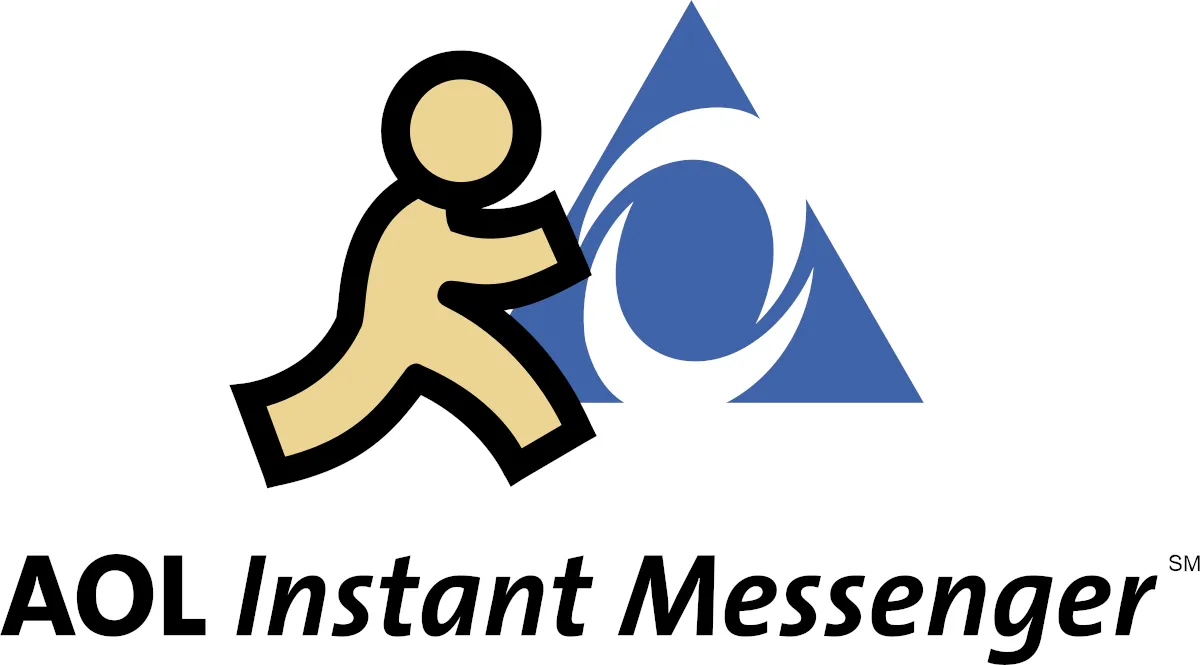
At the time it felt gradual, but looking back, we clearly lived in two separate worlds... and experienced both of them as young adults.
Our first cell phones came in college (2001–2003 for most), and Facebook showed up just as we were leaving, back when a .edu email was required.
Then came 2007: the iPhone. By 2010/2011, it had overtaken BlackBerry and rewired everything.
People debate the real dividing line of these two worlds -- Internet vs. social media vs. or smartphones. To me, the cosmic shift was the smartphone: total connectivity in your pocket. Looking back, the sweet spot was 2000-2010: fast internet at home, but dumb phones with lousy cameras when we went out. Ideal times... and it all happened in our 20s.
We straddled both worlds as adolescents and young adults, giving us a perspective that connects easily to both older and younger generations.
You couldn't ask for a better vantage point: we adopted it all, but we also knew how to live without it. And we remember life before it conquered society.
Economics: Dodging Bullets in the Age of Easy Money
Growing up in the '80s and '90s, inflation was real (having kicked off in 1971) but still manageable. One income could often support a family in a safe neighborhood while maintaining a middle-class lifestyle.
But the real stroke of economic serendipity came with timing. Two critical points defined our cohort:
- We were in college, trade school, or military during 9/11 and the early 2000s dot-com crash.
- We were established enough in the workforce by 2008 to avoid getting pummeled by the banking crisis.
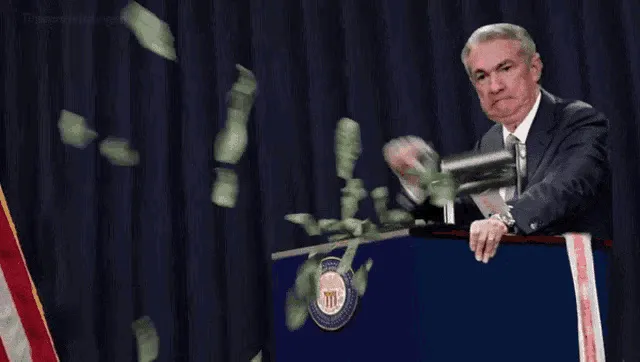
That combination set us apart from Millennials, who graduated just a few years later and walked straight into a job market meltdown. This window of fortune really does belong to those born between 1979 and 1983 -- the exact years most define as Xennials.
On top of that, a large share of us (roughly two-thirds) managed to buy homes before 2020. This has turned out to be one of the biggest dividing lines of all: the homeowners vs. the perpetual renters. Few of us got wiped out in 2008. If anything, some were positioned to benefit from the crash.
As for retirement, social security may or may not be waiting for us, but at least the possibility remains. And a handful of us, including one close friend of mine, even spotted the crypto wave before it became mainstream.
Ultimately, if you were born around 1980, you didn't just get lucky. You dodged three massive economic bullets that reshaped entire generations.
Less Political Poison
Our childhoods were politically quiet. We vaguely remember the fall of the Berlin Wall, but it barely touched us in America. The Gulf War came and went quickly, with little controversy or cultural baggage.
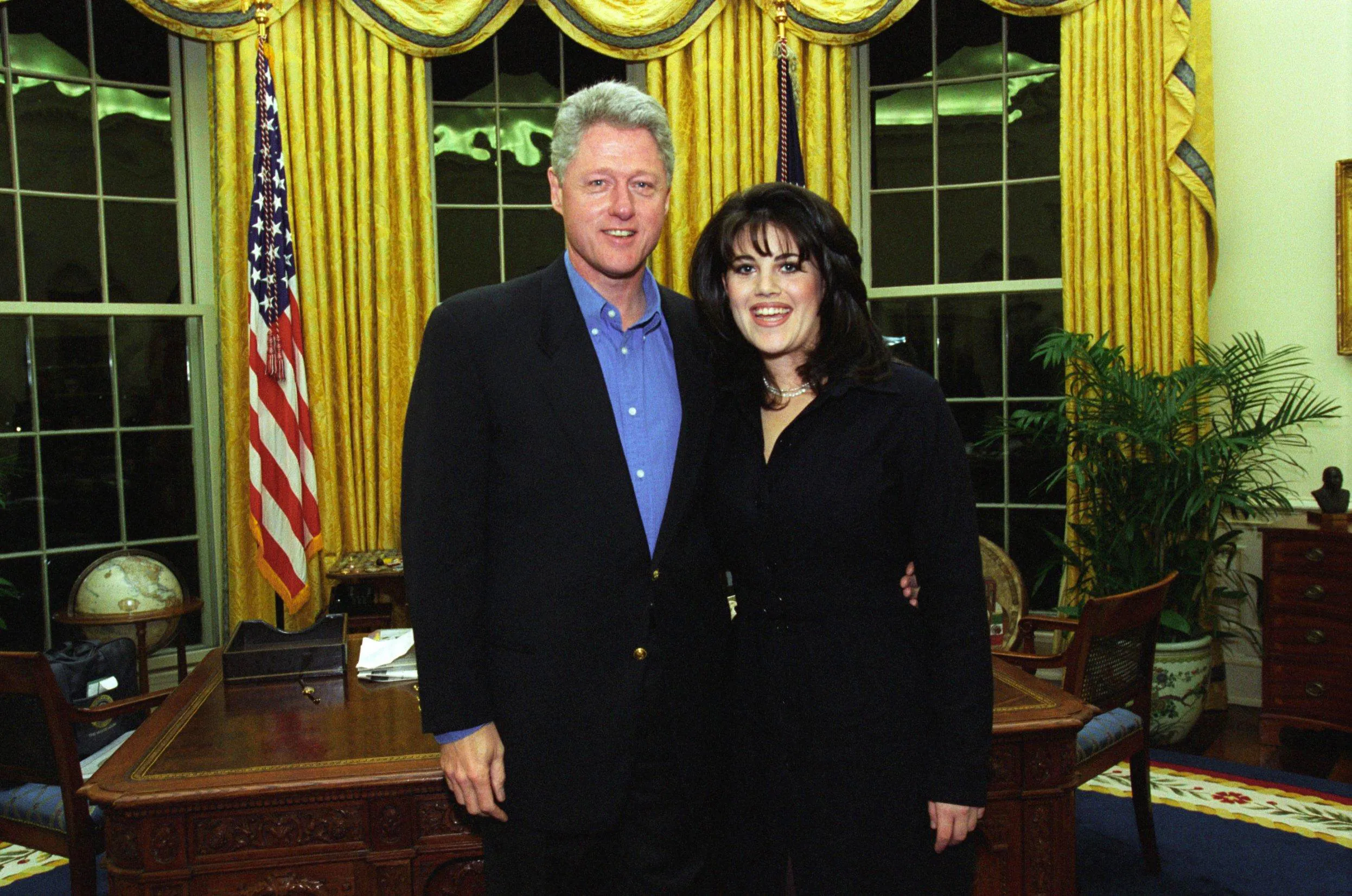
The political "landmarks" we grew up with were the O.J. Simpson trial, the Rodney King riots, and Bill Clinton's Monica Lewinsky scandal. O.J. and Rodney King cracked open the disintegration of our country's race relations, and Clinton marked the normalization of public degeneracy. But unless you lived in Los Angeles, none of these things divided us at school -- they'd need more time to take hold.
Then it all changed. Literally months after we graduated in 2000, the nation plunged into the first of an endless stream of divisive, fraudulent-filled presidential elections. Remember the hanging chads? We were already out of high school when that circus started.
And that matters. Back then, we didn't care which parasite would win the 2000 presidential election. Politics simply wasn't baked into our daily lives. Contrast that with today, where high schoolers can't walk two feet without being sledgehammered by the cancer known as American politics.
We were the last high school class that got to live free of partisan warfare in our hallways. For that, I'll always be grateful.
The Last Call for Clean Food
Most importantly, we were healthy, at least compared to the Millennials to come after us.
Yes, we ate our share of "fortified slop" (mostly via cereal, milk, and microwave meals), but we still escaped childhood before canola oil (approved in 1985) and other omega-6 industrial oils polluted the food supply. By the time the biocide known as glyphosate and obesogenic fats like soybean oil truly took hold, we were already young adults.

More controversially, we were also born just before the CDC dramatically expanded the childhood vaccine schedule 1983, 1986, and what seems to be every single year since.The sun was still yellow, the sky was blue, and clouds even looked like clouds on a regular basis back then!
The net effect is that we had significantly lower toxic burdens, more sunshine, and far less screen time, ultimately making our bodies more resilient to metabolic stress than those born only a few years later. Meanwhile, terms like "autism," "ADHD," "depression," or "dysphoria" were virtually unknown in everyday life.
It was a good time to be a kid, if only because we were the last cohort to pass through childhood and adolescence before the nation's collective poisoning really began.
Music, Popular Culture, and Dating without Swiping
Pop Culture and Music
Childhood and adolescence revolved around Saturday morning cartoons, MTV in its prime, and the golden age of blockbuster movies.
Musically, we rode the full arc: vinyl to cassette to CD to MP3 to streaming. Gen X before us grew up on albums and radio; Millennials curate playlists. Sure, we had mixtapes and burned CDs, but nothing beats an album you can listen to straight through - the true marker of a legitimate band.
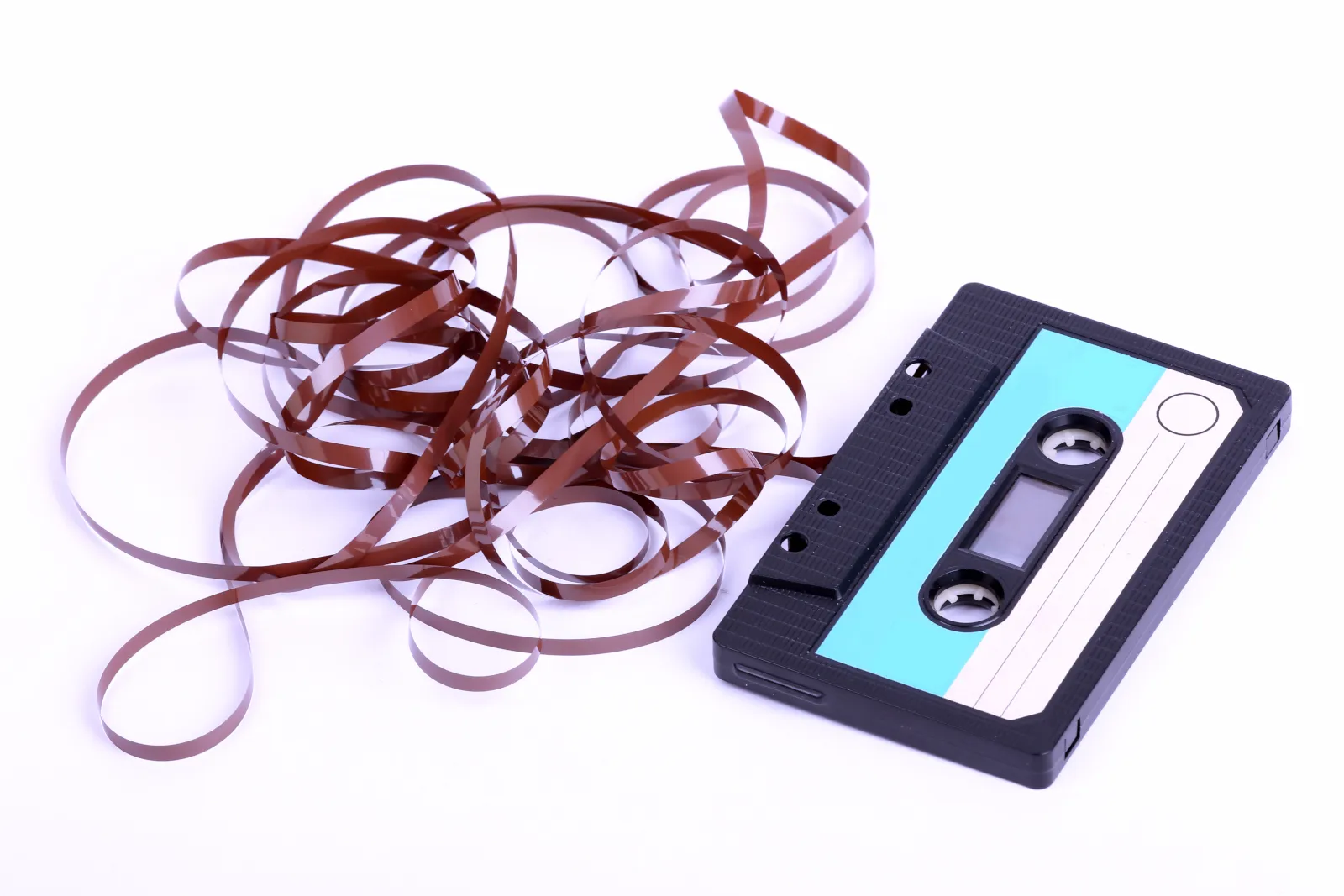
Class of 2000 lived the heyday of late '80s pop, '90s alt-rock and hip-hop, early 2000s country, and the height of heavy metal... all before things got, well, autotuned. We had a front row seat watching Nirvana singlehandedly throw the entire music industry into an identity crisis. Regardless of what you listened to, these were some golden years.
When did it change? The dividing line is clear: 9/11. Looking back now, it's inarguable that this is when pop culture nosedived. From movies to music to television, that's truly when they put the screws to us, dialed up the degeneracy, and never relented.
Drug and Social Culture
In our youth, alcohol was king and marijuana was still taboo. This arguably forced better face-to-face socialization skills than later generations raised in an era of normalized cannabis use.
Yes, alcohol has countless problems of its own, and it's smart not to overindulge now that we've slid into a low-trust society with HD cameras in every pocket. But adding legal marijuana to the mix has merely layered new problems in, and the verdict is clear: it's been a net negative for society at large.
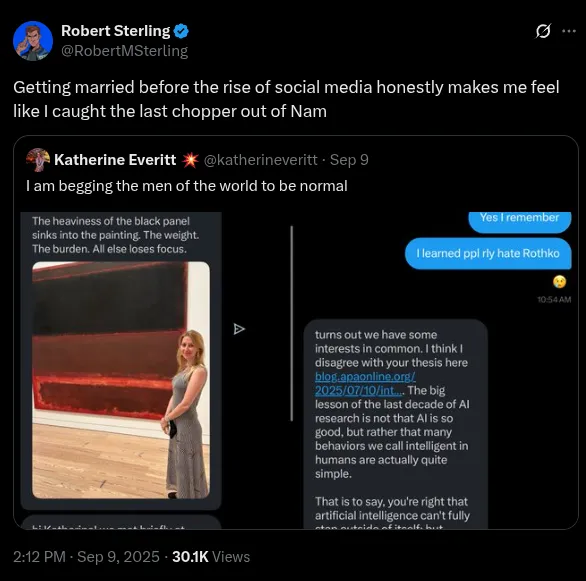
At least 25 years ago, people weren't breeding the weed into a chemical factory that'd instantly turn you into a schizophrenic. Meanwhile, if you're to take a hard drug today, there is a very real and serious chance that you may die.
Dating Without Swiping
Finally, the dating marketplace. Most of us met spouses before Tinder rewired the system. Relationships formed through school, friends, or work -- not by swiping on human catalogs. Another bullet dodged.
The Last Unplugged Generation
The point is simple: we're old enough to remember life before everything changed, but young enough to thrive after it. We became the translators between Gen X cynicism and Millennial hyper-connectivity, and that makes us uniquely valuable, especially in business.
An analog childhood paired with a digital young adulthood gave us balance. It's something many of us now try to recreate for our own kids. We were truly the last unplugged generation, watching the world shift beneath our feet while still catching the wave.
I'm not writing this to gloat -- I'm writing this to express gratitude. Because sometimes you don't create your own timing... the timing creates you.
Archived Comments
Awesome read!
Hi Michael.. I woke up to get a drink of water and had to look at the phone. Yes, at 86I had to check out If I had any messages before I fell asleep...Your article really caught my eye and your name, more important being that you are my first cousin's. Son and you were preparing to go to a Mayfield.Reunion... Your article was well written and couldn't have been said better. Congratulations and I also send hellos to your wife and child who has a great daddy standing beside her and guiding her.. Wishing you many good years of health and success..
thanks for sharing
Well stated, Mike! Great article.
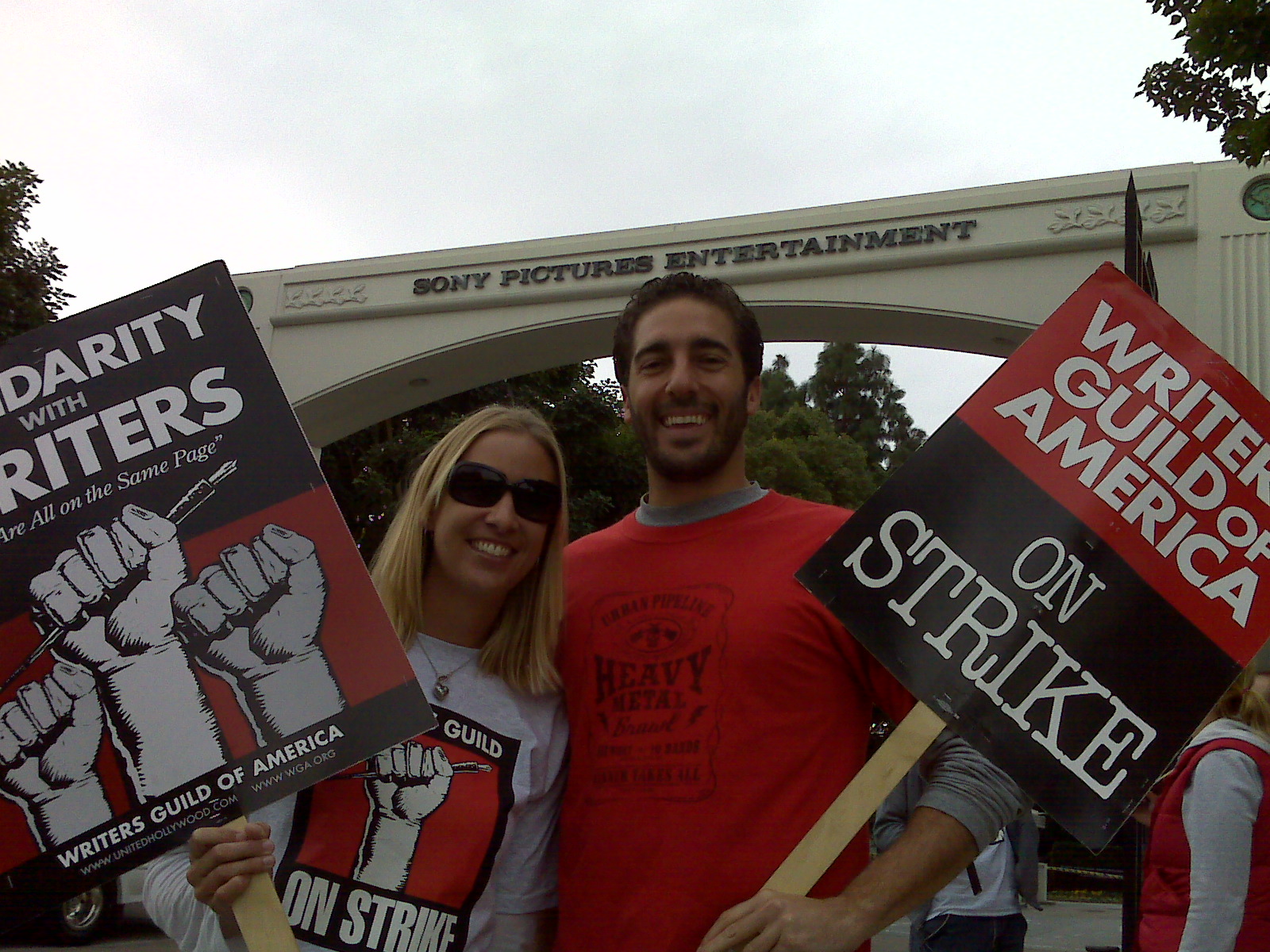

John •